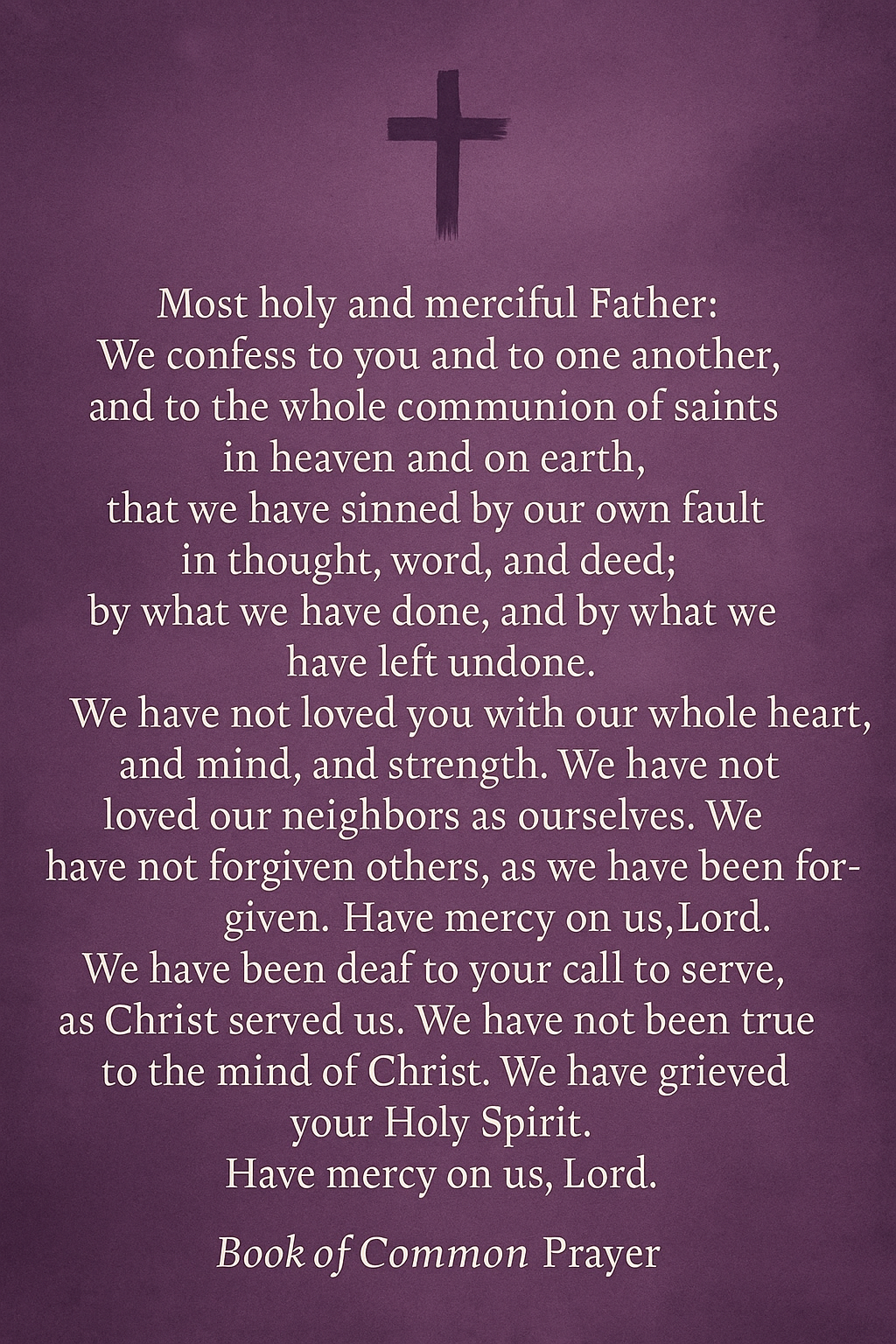What is Lent? It is a subject of some confusion in some churches where it is not traditionally observed, while it is a cherished tradition in others. A straightforward definition from Merriam-Webster tells us that Lent is 40 weekdays from Ash Wednesday to Easter, observed by penitence and fasting. The time is meant as a means of preparation for Easter, but is it a biblical commandment? A closer look at the history and traditions of the season can help individuals and churches decide the answer for themselves and their families.
When Is Lent and How Long Does it Last?
Lent begins on Ash Wednesday with 40 days of fasting and abstinence (Sundays are excluded). Different denominations have slightly different observances, so make sure to check with your local congregation for exact dates and a schedule of services.
Ash Wednesday originally was a time of penance for sinners who were excluded from Holy Communion and were preparing for restoration. They wore sackcloth and ashes as a sign of public penitence. Now the custom is to receive “memento mori” in the form of ashes either sprinkled on their head or in the shape of the cross on their foreheads. Memento mori is a Latin phrase meaning “remember you must die.” By remembering our mortality and the death of Christ for our sins, we can be drawn closer to God and find a renewed focus on the eternal versus the temporary nature of this world.
What Is the Biblical Basis and History of Lent?
While a period of preparation for Easter has probably been observed since the days of the early church, it was not formalized until the Council of Nicaea in 325 CE. However, there is no clear biblical mandate for Lent. The only mention of 40 days of fasting was Jesus fasting in the wilderness when he was tempted by Satan: “Then Jesus was led up by the Spirit into the wilderness to be tempted by the devil. And when He had fasted forty days and forty nights, afterward He was hungry” (Mathew 4:1-2, NKJV).
Fasting, however, is mentioned throughout the New Testament as a way to focus and pray. Matthew 6:16-18 gives instructions on how to fast, and Matthew 17:21 explains that fasting and prayer are required for certain tasks. One example of a time to fast is before taking Holy Communion: “Therefore whoever eats this bread or drinks this cup of the Lord in an unworthy manner will be guilty of the body and blood of the Lord. But let a man examine himself, and so let him eat of the bread and drink of the cup” (1 Corinthians 11:27-28). Taking time to fast and pray allows us to put away distractions, confess sins, and move forward with a clean conscience.
How Do Different Denominations Observe Lent?
Denominations from different parts of the world follow different timelines and traditions. Eastern churches observe Lent on the Monday of the seventh week before Easter and end on Friday, nine days before Easter. Saturdays and Sundays are relaxed fast days. Fasting rules are strict – one meal a day in the evening, and no meat, fish, eggs, or butter, as well as restricted use of wine, oil, and dairy products
In the West, the fasting rules are more relaxed. Roman Catholics are the main denomination that observes fasting rules during Lent. Catholics keep Ash Wednesday and Good Friday as fast days. Christians of other denominations may observe a meatless fast on Fridays during Lent, as well as penitence and almsgiving. Some Catholics and other Christians choose to give up a specific pleasure, such as sweets, alcohol, or social media to foster discipline and simplicity, using their cravings/desires as a reminder to pray and focus on spiritual matters.
Here are more ideas for what to give up during Lent.
Anglicans follow the Book of Common Prayer, which calls for observing Lent with fasting. Lutheran (and many other Protestant churches) observe the Lenten season with various services and practices. Evangelical or nondenominational churches do not formally observe Lent, but individual congregations may participate in services or traditions.
There are many meaningful ways to honor God that can help us focus on God or even replace bad habits with good ones, as long as we do it with the right spirit. Honoring God is not meant to be a public display as much as a private communion with our Heavenly Father.
Scripture Readings and Prayers for Lent
Scripture readings, prayers, and music abound for the Lenten season, but most of the readings and prayers are based on Psalms. Most of the psalms were written as prayers, so you could simply pray the psalm, perhaps even reading it aloud to God. Here are some excerpts from favorite Lent readings:
- Psalm 139:23-24 – “Search me, O God, and know my heart; Try me, and know my anxieties; And see if there is any wicked way in me, and lead me in the way everlasting.”
- Psalm 51:4-7 – “Against You, You only, have I sinned, and done this evil in Your sight-- That You may be found just when You speak, and blameless when You judge. Behold, I was brought forth in iniquity, and in sin my mother conceived me. Behold, You desire truth in the inward parts, and in the hidden part You will make me to know wisdom. Purge me with hyssop, and I shall be clean; Wash me, and I shall be whiter than snow.”
- Psalm 130:3-6 – “If You, Lord, should mark iniquities, O Lord, who could stand? But there is forgiveness with You, That You may be feared. I wait for the Lord, my soul waits, And in His word I do hope. My soul waits for the Lord More than those who watch for the morning-- Yes, more than those who watch for the morning.”
- Psalm 22:23-24 – “You who fear the Lord, praise Him! All you descendants of Jacob, glorify Him, and fear Him, all you offspring of Israel! For He has not despised nor abhorred the affliction of the afflicted; Nor has He hidden His face from Him; But when He cried to Him, He heard.”
Many other Psalms are also applicable. (Consider Psalms 6, 13, 25, 30, 32, 38, 42, 51, 88, 102, 143).
Another popular prayer is simply reading The Lord’s Prayer:
“In this manner, therefore, pray: Our Father in heaven, hallowed be Your name. Your kingdom come. Your will be done on earth as it is in heaven. Give us this day our daily bread. And forgive us our debts, as we forgive our debtors. And do not lead us into temptation, but deliver us from the evil one. For Yours is the kingdom and the power and the glory forever. Amen” (Matthew 6:9-13).
The Book of Common Prayer has a special section just for Lent. The following prayer is specifically for Ash Wednesday:

There are countless ways to pray during this season, such as for strength from temptation or for strength to endure fasting while drawing deeper in our relationship with Christ. Prayer is about speaking from the heart, and sometimes there are not even words. In such times, the Holy Spirit prays for us the things we don’t even know to ask (Romans 8:26-27).
Conclusion
While there is no biblical mandate for observing Lent, there is a biblical basis for fasting and preparing your heart. Is there a better time to do a spiritual check-up than the weeks leading up to Easter? Then we can observe Holy Week with a clear conscience and a softened heart as we remember what Christ has done for us. The choice is up to the individual, but if you have never observed Lent, I encourage you to check out services in your area to see what it is all about before you make a final decision. Even if you don’t observe Lent in traditional observances like Ash Wednesday, you can still take the time to pray and ask what God would have you do during the season. As always, let the Holy Spirit lead you, and you will never go wrong.
Read More and Find Additional Resources for Lent:
When Does Lent Start and End?
Fasting Rules: How to Fast and Why
Is Lent Really In The Bible? Meaning And Significance
Lent Bible Verses Scriptures To Encourage Lenten Fast
10 Hymns For Lent: Encouraging Songs For Prayer Fasting
50 Things To Give Up For Lent
Movies To Watch during Lent
Which Christian Denominations Observe Lent?
Does The Bible Mention What To Give Up For Lent?
How To Discourage Eating Disorders During Lent
Redeeming Lent
Photo Credit: ©iStock/Getty Images Plus/nambitomo
Linda Lyle is a writer, teacher, knitter, and unintentional collector of cats. She has written articles for the Alabama Baptist, Open Windows, Refresh, as well as multiple novels and novellas. Her newest book, 5-Minute Prayer Plan for When Life Is Overwhelming, is set to release in October. She spins yarns on her blog The End of My Yarn at lindalyle.com.




